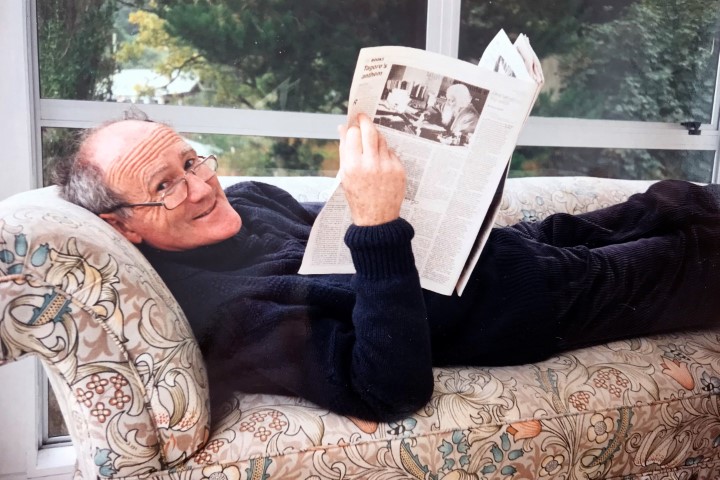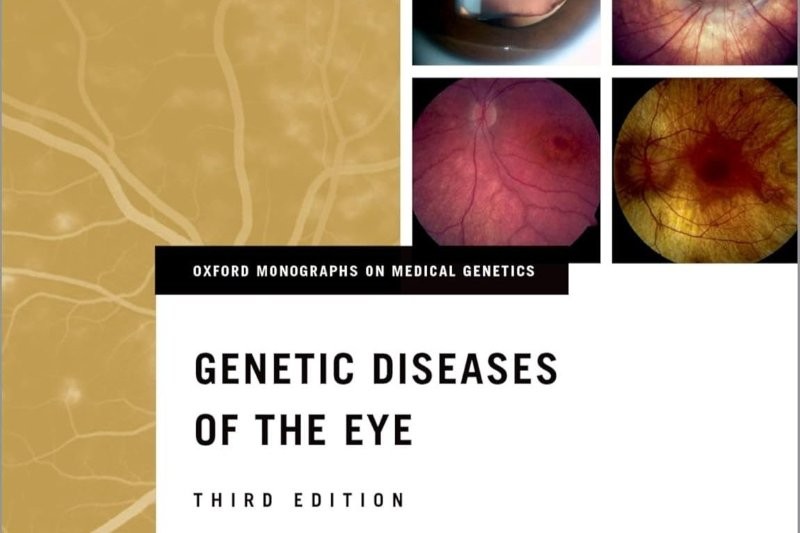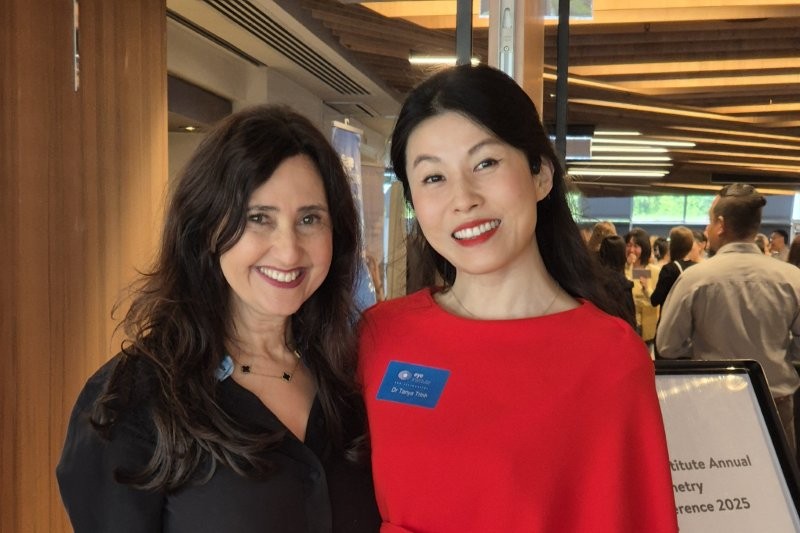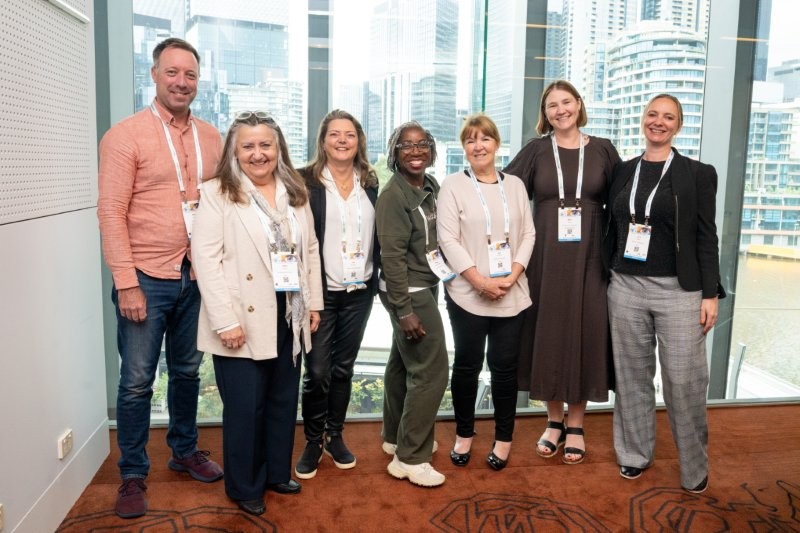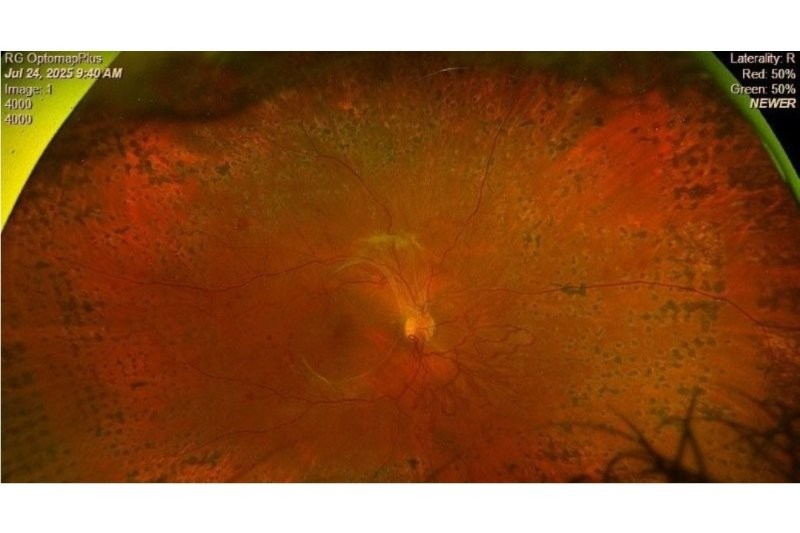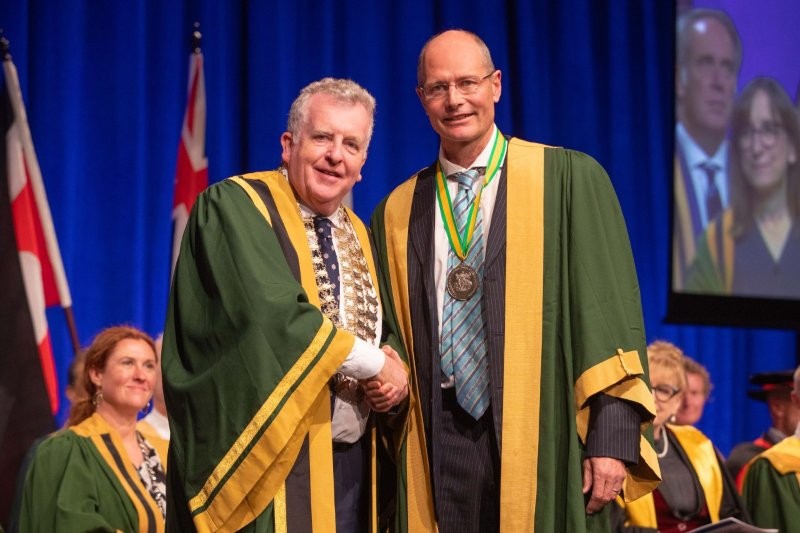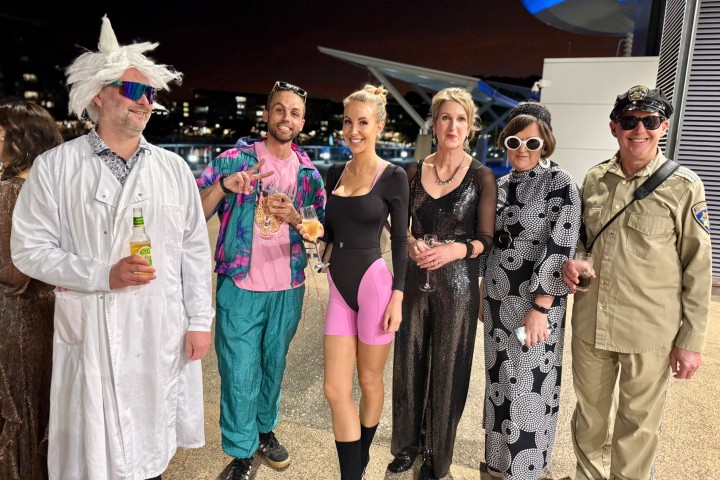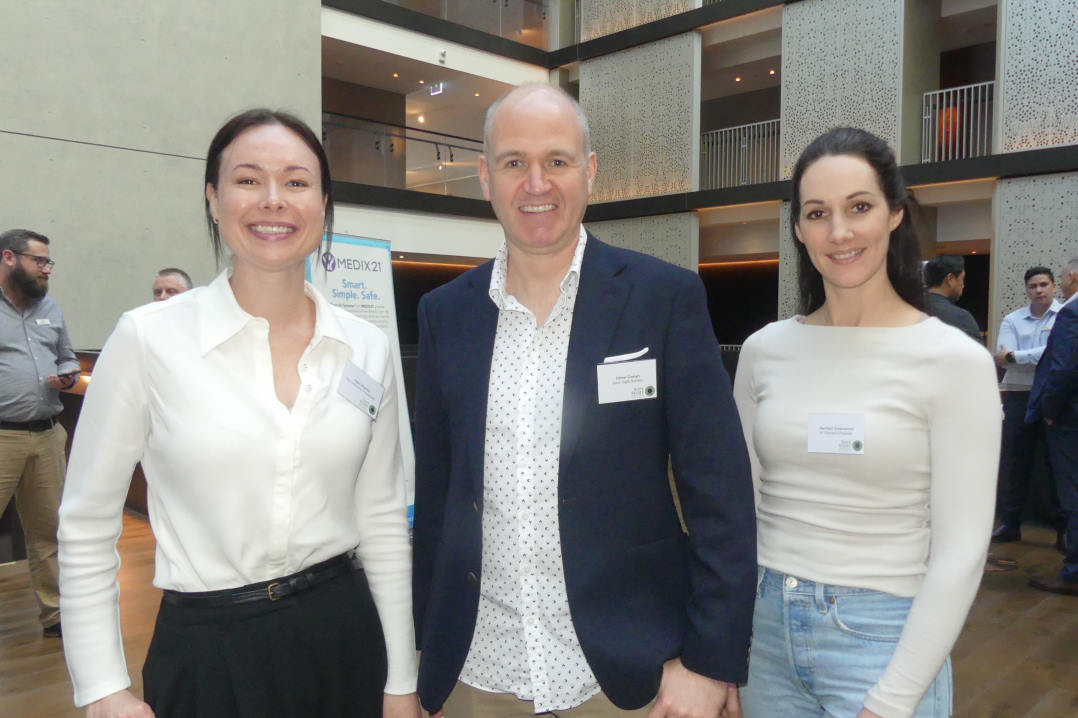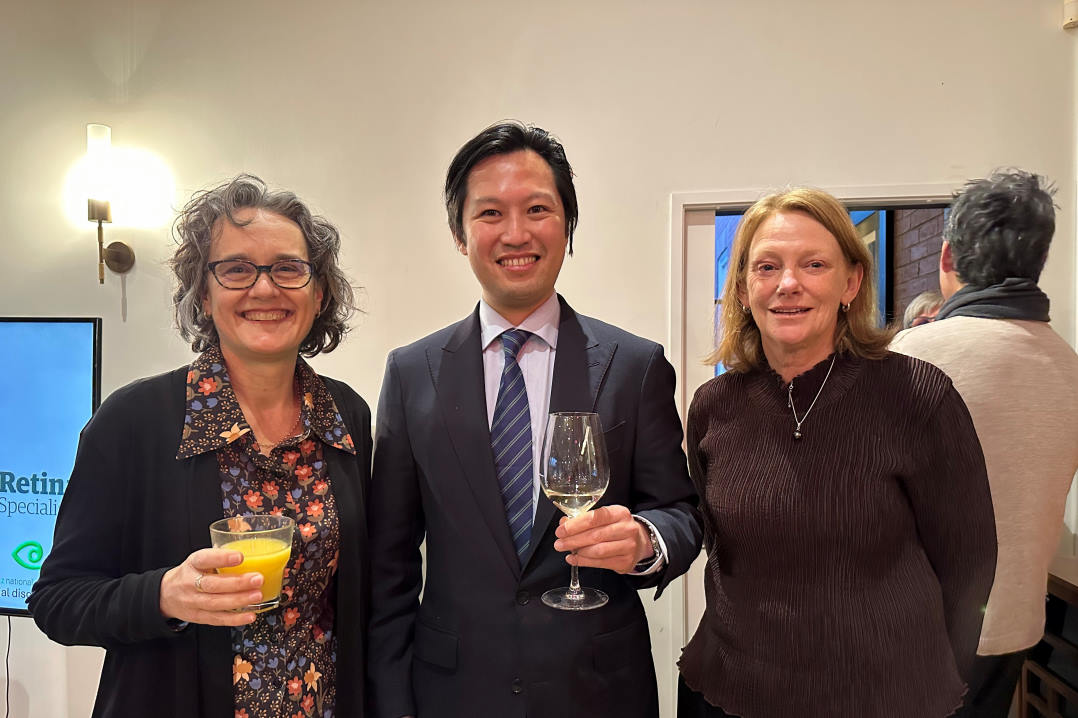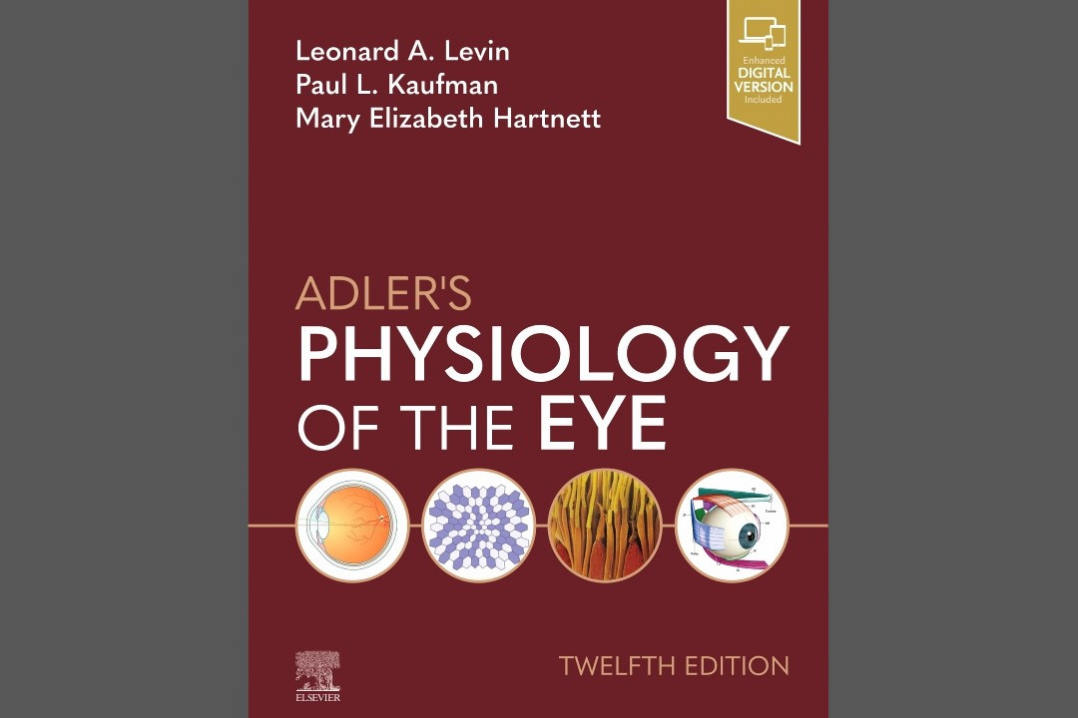Obituary: Remembering Professor Anthony Molteno (20/05/1938-25/08/2023)
Celebrating the life and myriad achievements of ophthalmologist and glaucoma-treatment pioneer Professor Anthony Molteno, his former colleagues and family said he lived by the mottos of “Cure sometimes, alleviate often, comfort always” and “KISS” (keep it simple, stupid).
Born in Cape Town, South Africa, Prof Molteno was said to be a shy boy who didn’t enjoy school. His only mark of distinction was in religious studies, for which he won the only prize he ever boasted about, despite being an atheist. He later became interested in maths and physics and, as a teenager, ground his own telescope lenses - the start of his life-long interest in optics.
During registrar training at Baragwanath Hospital in Soweto he became interested in developing better treatments for glaucoma after seeing how ineffective current practices were. His first breakthrough was in 1966 when he developed the concept of a ‘plate’ implant, the world’s first human glaucoma drainage device. Early prototypes evolved into the first Molteno glaucoma implant, which became quite widely used by 1977 when he finally left apartheid-era South Africa to take up a new role combining his clinical and research passions at the University of Otago in New Zealand. He spent much of his life researching every aspect of glaucoma drainage surgery, including implant design, surgical techniques, post-operative management and the roles of wound healing and apoptosis in implant blebs. Improved Molteno3 glaucoma implants are still used today for long-term intraocular pressure control in severe and complex glaucoma.
At Otago University, Prof Molteno was known to encourage his trainees to be bold and outspoken, urging them to challenge orthodoxy. Reportedly, he was also sharply critical of managerialism in hospital medicine, once cheekily hanging an ‘evil eye’ above the department coffee machine to ward off administrators. He also persuaded the hospital’s maintenance department to fix an overdue issue by writing a poem about seagull droppings contaminating an operating theatre through its leaking roof.
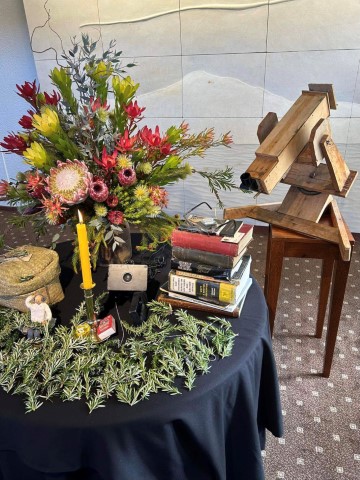
A few of Prof Molteno’s favourite things displayed at his memorial service, including a solar telescope, some of his favourite books and an early version of the Otago photoscreener (centre)
Being taught by him was a delight, says Dunedin ophthalmologist Dr Rodney Keillor. “We would sit riveted to his stories, having to be dragged back into clinic by the nurses.” We felt mentored and looked after as if we were family members, he remembers. “Registrars were taken under his wing, taken home for a meal, a wine, or tutorial, or to shoot possums on the farm.”
He also liked working with interesting individuals in other departments at the university. A collaboration with physicists led to the development of a photorefractor, the Otago Photoscreener, to screen for squint, amblyopia and significant refractive errors in small children. He also developed a circular slide rule, the Optomat, to prescribe appropriate spectacles in remote communities with no trained optometrists, and worked with staff at the Southland Museum to investigate tuatara eyes; with pathologists, especially the late Alec Dempster, on bleb histology; and with radiation oncologists on treating ocular melanoma.
Prof Molteno’s daughter, Camilla Cox, recalls a father who didn’t tell his children what to do, but assumed they were capable and left them to it. “He didn’t hover but was always there if we needed something – from help replacing a gasket to stitches. And sometimes Dad would do something particularly kind. For me, he would accompany me to ENT appointments and then occasionally take me sailing instead of taking me back to school!” He also reluctantly helped maintain the family’s beehives, she says. “He really hated getting stung. Not just because it hurt, but because the bee involved would die for protecting its hive.”
At the end of 2014, Emeritus Professor Molteno retired from clinical and teaching work but continued his research programme until a fall in 2017 caused a head injury that meant he was unable to use his microscopes and solve problems in the way he once could.
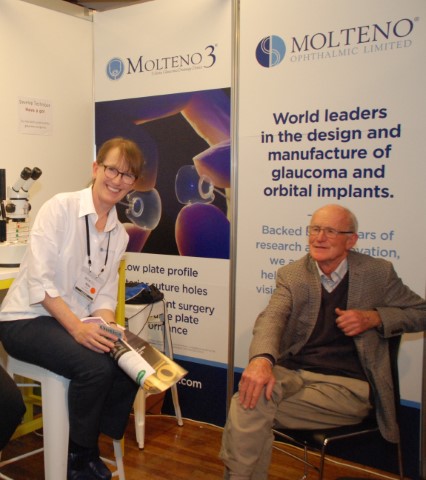
At RANZCO NZ 2016 with his daughter Dr Nina Molteno
Glaucoma specialist, neuro-ophthalmologist and Glaucoma New Zealand chair Professor Helen Danesh-Meyer describes Prof Molteno as possibly the most innovative, and certainly one of the most colourful, glaucoma surgeons of all time. “An inspirational leader and teacher, he fostered an environment that mirrored his personal qualities: enquiring, dynamic, playful and provocative. He cared deeply for his patients, his students and the people he worked with. He could relate to patients from a wide spectrum of society, once telling a 90-year-old who could not legally drive after cataract surgery that he was fit to fly a plane.”
Prof Molteno’s contributions to ophthalmology have been widely recognised. Among others, he was awarded the Goldmann Medal from the International Glaucoma Societies in 1998, made an Officer of the New Zealand Order of Merit in 2006, given a Distinguished Service Award from RANZCO in 2009 and received the International Society of Glaucoma Surgery Medal in 2014 and the American Glaucoma Society Innovator Award in 2015. Elected an emeritus member of the Glaucoma Research Society, he was also president of the Ophthalmological Society of New Zealand.
Prof Molteno’s innovations saved the sight of countless patients and opened new avenues for surgery and wound-healing modulation that continue to evolve today, says Professor Ivan Goldberg, head of the Glaucoma Unit at the Sydney Eye Hospital. “He was a wonderful teacher, a great lateral and innovative thinker and a fabulous all-round human being. As a direct result of his work, Tony is held in the highest regard by colleagues and patients everywhere. His truly was a life well lived.”
Compiled by NZ Optics, with input from friends and family courtesy of his daughter, Dr Nina Molteno









